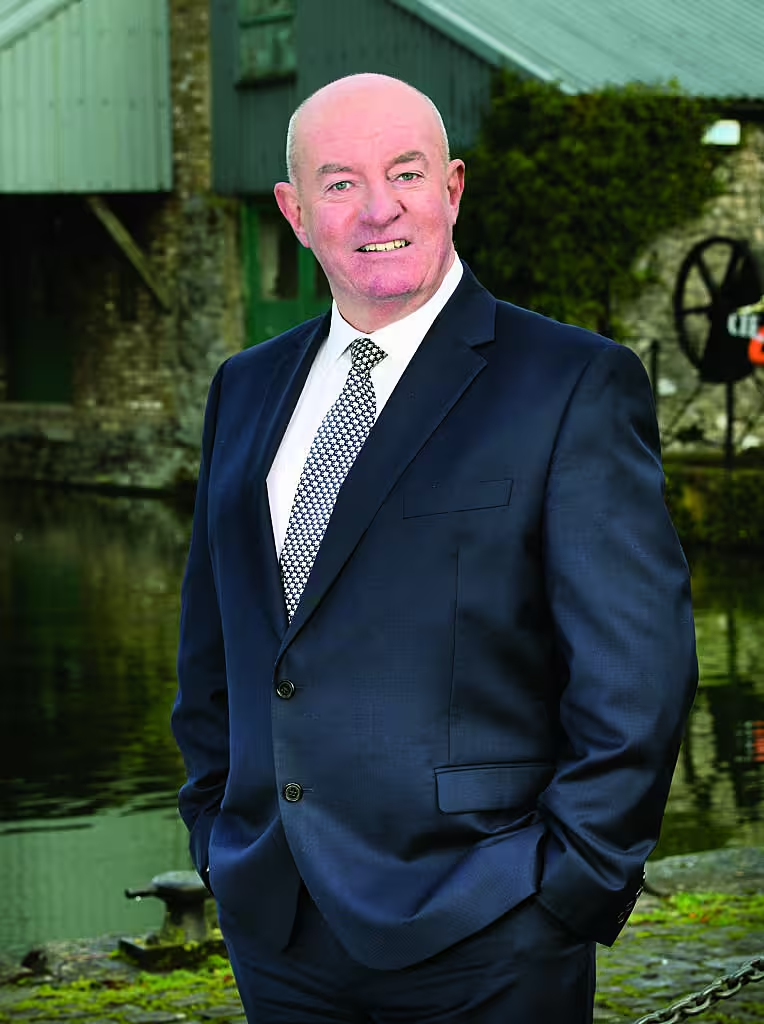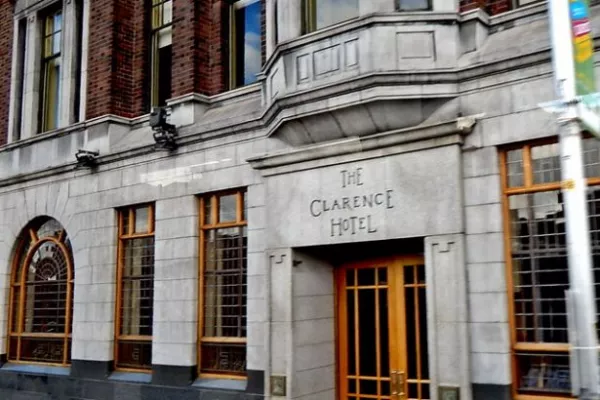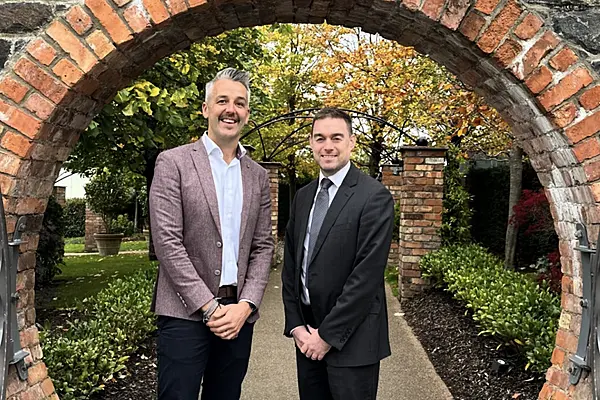Family business consultant Paul Keogh is the author of The Family Business Book: Practical Tips to Help Family and Business Work Well Together. Here he outlines the importance of family businesses in the hospitality industry and provides some excellent navigational advice.
This article was originally published in the Summer 2022 issue of Hospitality Ireland Magazine, in July of 2022.
There are 160,000 family businesses in Ireland employing nearly one million people. The biggest sector is the service and distribution sector, and, within that, the hospitality industry accounts for a large proportion of family businesses. At one stage in Ireland, nearly all pubs, hotels and restaurants were family owned. Even though international chains have had an increased presence in Ireland, family-owned businesses in hospitality should have a competitive advantage.
The competitive advantage must be more than simply saying in your marketing material ‘a family-owned business’.
Your customer must ‘feel’ the difference in your establishment – this difference being family owned. The difference can be in the welcome you give your customers, the way you mind customers while they are on your premises – that magical personal touch. It may be the hands-on approach the family give to the ambiance. It may be that you can respond faster to individual needs or requirements. You may show more flexibility than chains can.
It is disappointing to see many family businesses not defining properly what it means to be a family business. You might have noticed Johnson & Johnson having on all their packaging ‘a family business’, or McCain frozen foods. What is the relevance to you as a consumer? There is no direct connection.
In the hospitality industry, you have a great opportunity to translate your family values into your business. Making them feel ‘at home’ is more about the people than the decor. All your staff must understand what your family values are and how they must live these values when dealing with the customer.
There may be two pubs in a village, and one is family owned. What would you expect from the family-owned pub? You would expect to get a friendly welcome – that they know your name, what you usually drink, where you usually sit, and that you care and appreciate their custom.
The family business in hospitality is at the heart of many communities. In contrast, there is a hotel bar in Dublin where the price of drink is probably the highest in Ireland. The bar staff never make eye contact with the customer at the bar waiting to order. You can be there for five minutes trying to get attention and to be served. You don’t get the feeling that this hotel values you.

Paul Keogh
Having a family-owned business in the hospitality industry is not a doddle. The hours are long, the administration – in terms of health and safety and other areas – is enormous and onerous. It is difficult to get and retain staff. It is difficult to train them to match your aspirations of a ‘family business’.
In terms of succession planning, more and more next-generation family members are reluctant to join the family business because of the long hours and the unsociable nature of the hours. In terms of rural pubs, since Covid-19, many are only going to open on weekends and at night. Family members, like some farming families, have to find a second income source.
A central issue for many family businesses concerns ownership. This may not be visible to the customer, but many family businesses have self-destructed through in-fighting over control, succession, inheritance, and the value of the business.
Family members today are educated. Their vision for themselves may be different to previous generations. Tourism and hospitality are a truly global industry, and this offers family members the opportunity to travel and work anywhere in the world. This is great experience for the family business member – so long as they intend to come back to the business. Some intend to come back to the family business, but life takes a different course.
Families are generally not very good about talking about the family business and the role envisaged for and by the next generation. It is vital to discuss everyone’s ambitions, aspirations, and vision for both the business and themselves.
Issues that should be discussed within the family can range from the timing of retirement for the current generation, the reluctance to retire, and impediments to retiring. For example, parents will need to live and have an ‘income’ after they retire. How will they fund their retirement? Many businesses in hospitality do not have the potential to support two generations at once, leaving the owners no option but to sell the business as their retirement fund.
If the business can be passed on or inherited, issues relating to the next generation – such as sibling rivalry, inlaws, nepotism, etc. – should be discussed.
The hospitality industry should have more family business research specific to its industry, as it is predominantly family businesses. For example, the industry has many female entrepreneurs, and the female entrepreneurs’ sector is growing. The benefits for the hospitality industry of increasing numbers of women owning businesses is just one aspect of family ownership that makes for fascinating research and attention.
The Family Business Book: Practical Tips to Help Family and Business Work Well Together by Paul Keogh is published by SRA Books and available on Amazon.co.uk.
Read More: Hospitality Ireland Summer 2022: Read The Latest Issue Online!









